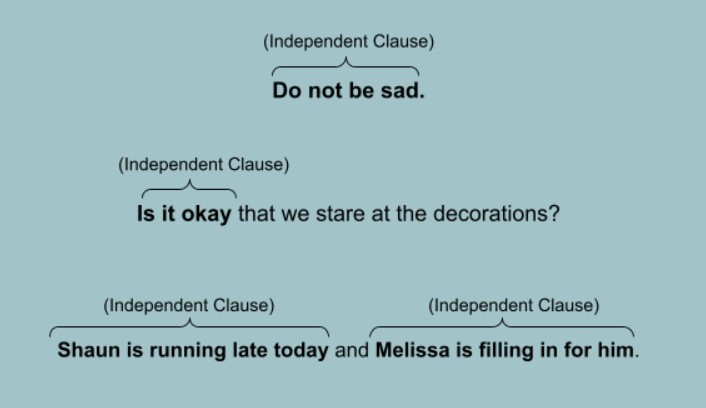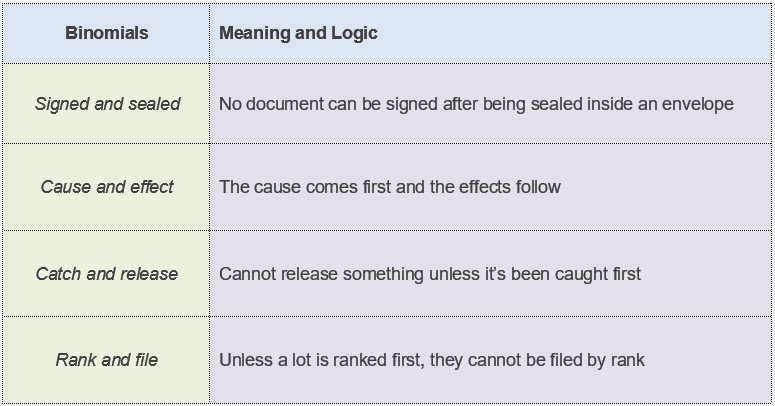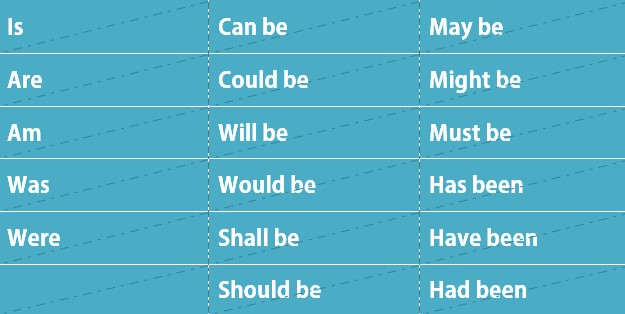Subjunctive: Structures, Usage & Examples
The Subjunctive in English is the mood of a verb that always comes in the simple/base form. The subjunctive mood of verbs comes after some certain verbs indicating that one person wants/insists/desires another person to do something. Those certain verbs are called subjunctive verbs.
Subjunctive Verbs:
| Advise | Demand | Prefer | Require | Ask |
| Insist | Propose | Stipulate | Command | Urge |
| Recommend | Suggest | Decree | Order | Request |
The Structure of Subjunctive Mood:
| Sub (1) + Subjunctive Verb (any tense) + that + Sub (2) + Base Form of Verb + Complement |
Examples:
- John has advised that Alex go to movies.
- Robert insisted that I work on my paper.
- The principal demands that we study hard.
- He suggested that I buy this shirt.
- She proposed that we get married.
Here, the conjunction ‘that’ is as important with the subjunctive verbs. Without ‘that’, the structure changes a lot and does NOT follow the mood of subjunctives:
| Sub + Subjunctive Verbs (any tense) + that + Object + Infinitive (to + verb) + Complement |
Examples
- We recommend you to go to movies. (No ‘that’, no subjunctive)
- He advised me to study hard.
However, the subjunctive verbs with the conjunction ‘that’ always follow the subjunctive mood (first structure).
There are some adjectives also that create a subjunctive mood. These adjectives come after the ‘be verbs’ along with the conjunction ‘that’ and create a subjunctive mood for the next verb. These adjectives are called subjunctive adjectives.
Subjunctive Adjectives:
| Advised | Necessary | Urgent | Required | Important |
| Obligatory | Mandatory | Suggested | Recommended | Imperative |
Structure:
| It + Be Verbs (any tense) + Subjunctive Adjective + that + Sub + Base Form of Verb + Comp |
Examples:
- It was advised that Alex go to movies.
- It is imperative that I work on my paper.
- It was necessary that we study hard.
- It is urgent that I buy a shirt.
- It was required that we get married.
Grammar
Read More
- How to Use "Therefore" in Sentences Avoiding Common Mistakes
- How to Use "Whereas" with Examples and Avoid Common Mistakes
- When and How to Use "Thus" Correctly Without Common Mistakes
- How to Use "On the Contrary" Properly with Meaning and Examples
- When and How to Use "Either/Or" with Examples and Common Mistakes to Avoid
- How to Use "On the Other Hand" Effectively without Mistakes
- How to Use "Respectively" with Example and Common Errors to Avoid
- How and When to Use "Moreover" Without Mistakes
- How to Use "Likewise" in Sentences Based on Context & When not to Use
- When & How to Use "Although" in Sentences to Avoid Mistake



